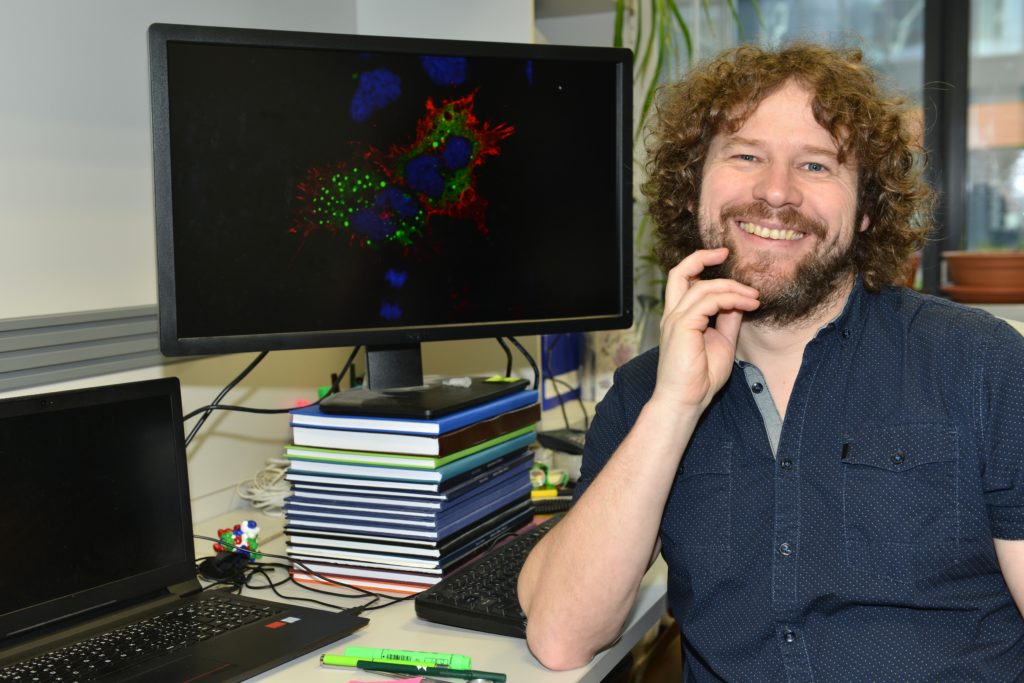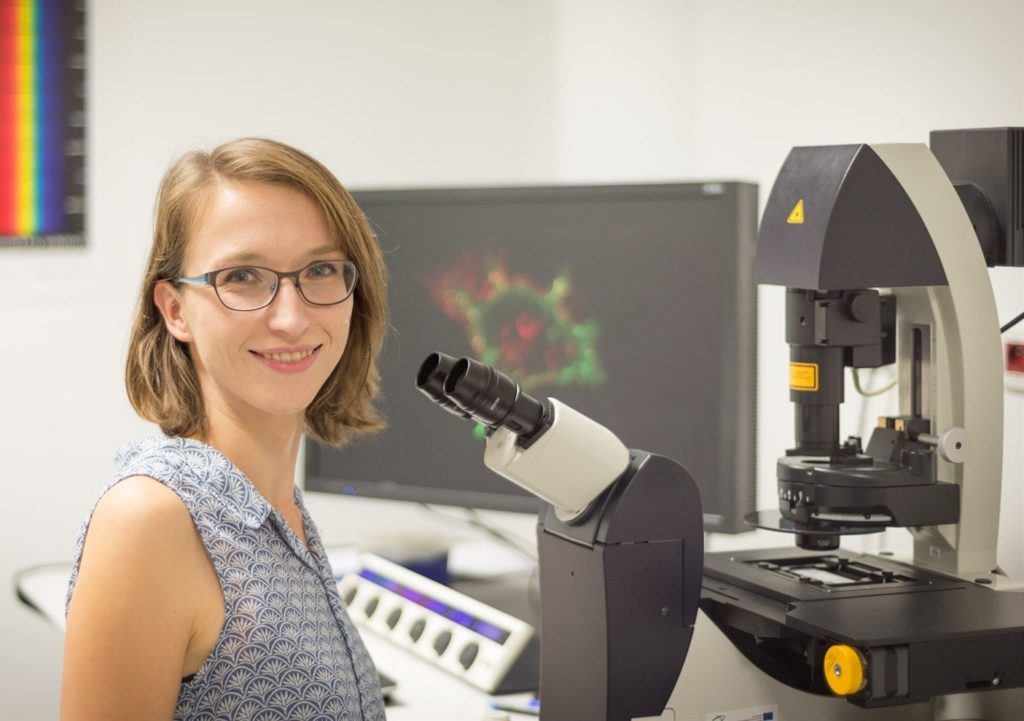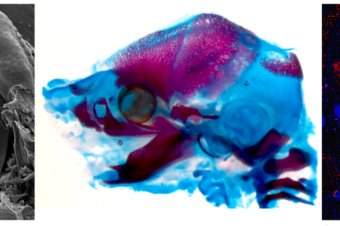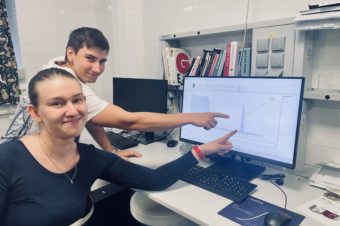A new spin-off company, CasInvent Pharma, a.s., has been established by Masaryk University (MU) in cooperation with its investment partner, i&i Prague, s.r.o. (Ltd), in order to facilitate further development of new compounds that could be used to treat certain types of leukaemia, lymphoma and solid tumours. The company will test the compounds that inhibit the enzyme Casein Kinase 1 (CK1) which is responsible, among other things, for the migration of leukaemia cells into lymphoid organs.
The research groups of Vítězslav Bryja with leading role of Pavlína Janovská from OFIŽ/Dept. of Experimental Biology and Kamil Paruch from the Dept. of Chemistry, Faculty of Science MUNI have been studying and developing these compounds for a long time now. Thanks to the newly-established company, they will be able to finish the preclinical stage of the development of these prospective drugs and move on to clinical trials of the most promising compounds.


The CasInvent Pharma spin-off will continue developing the promising results of the scientific teams which led to the patenting of the inhibitors, i.e. compounds that significantly decrease or completely inhibit the activity of CK1 and can be used to treat e.g. certain types of leukaemia. More specifically, the B-Cell Chronic Lymphocytic Leukaemia (CLL) and the Acute Myeloid Leukaemia (AML).
CLL characteristically causes the accumulation of dysfunctional cancer cells in the blood and their migration to lymph nodes, liver, spleen and bone marrow, which causes further complications such as enlargement of organs, immunodeficiency, anaemia and other. The aggressiveness of the disease then depends on the interaction of these dysfunctional cells with their immediate surroundings – so-called microenvironment. This interaction leads to tumour cells dividing uncontrollably.
The inhibitors of CK1 can effectively stop the migration of the leukaemia cells to lymphoid organs, which prevents them from being damaged and hinders the spreading of CLL. AML, which is one of the most aggressive and difficult-to-treat types of leukaemia, has CK1 working in a different way. Based on the current results, the scientists expect the new compounds to initiate programmed cell death (so-called apoptosis) in leukaemia cells.
Targeting interactions in the microenvironment, regulating apoptosis and inhibiting migration mechanisms can be successfully used with other forms of cancer as well, e.g. solid tumours the growth and spreading of which often depends on roughly the same principles.
You can read more about the newly established company that will help get CK1 inhibitors one step closer to patients in these articles:
-
University spin-off to focus on developing new cancer drugs
-
Univerzita založila firmu, chce posunout výzkum léků na leukémii (in Czech only)





